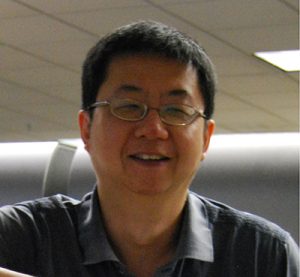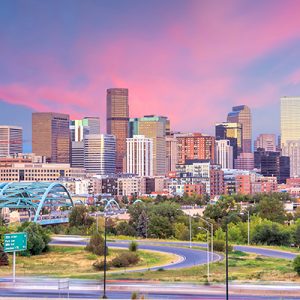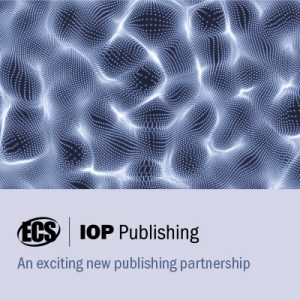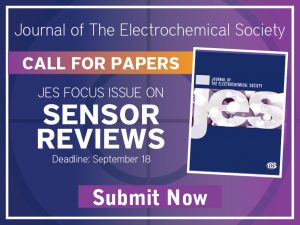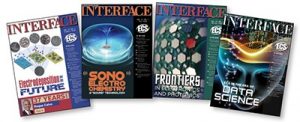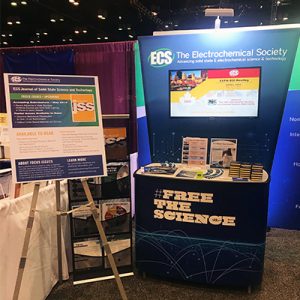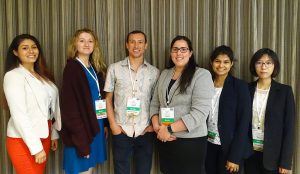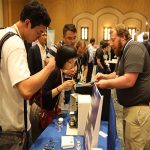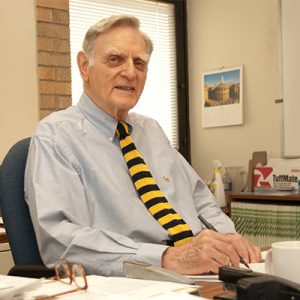 John Bannister Goodenough, internationally recognized as one of the key minds behind the development of the first commercial lithium-ion battery, has been awarded the Royal Society’s Copley Medal, the world’s oldest scientific prize.
John Bannister Goodenough, internationally recognized as one of the key minds behind the development of the first commercial lithium-ion battery, has been awarded the Royal Society’s Copley Medal, the world’s oldest scientific prize.
The longtime ECS fellow and honorary member was recognized for his exceptional contributions to the materials science field, still used in mobile electronics today, including laptops and smartphones all around the world. The award ties him to an elite group of equally notable scientists and engineers, including the likes of Benjamin Franklin, Charles Darwin, Louis Pasteur, Albert Einstein, and Dorothy Hodgkin.
“Words are not sufficient to express my appreciation for this award,” said Goodenough, in a Royal Society interview. “My ten years at Oxford were transformative for me, and I thank especially those who had the imagination to invite a U.S. non-academic physicist to come to England to be a Professor and Head of the Oxford Inorganic Chemistry Laboratory. I regret that age and a bad leg prevent my travel back to England to celebrate such a wonderful surprise.”


